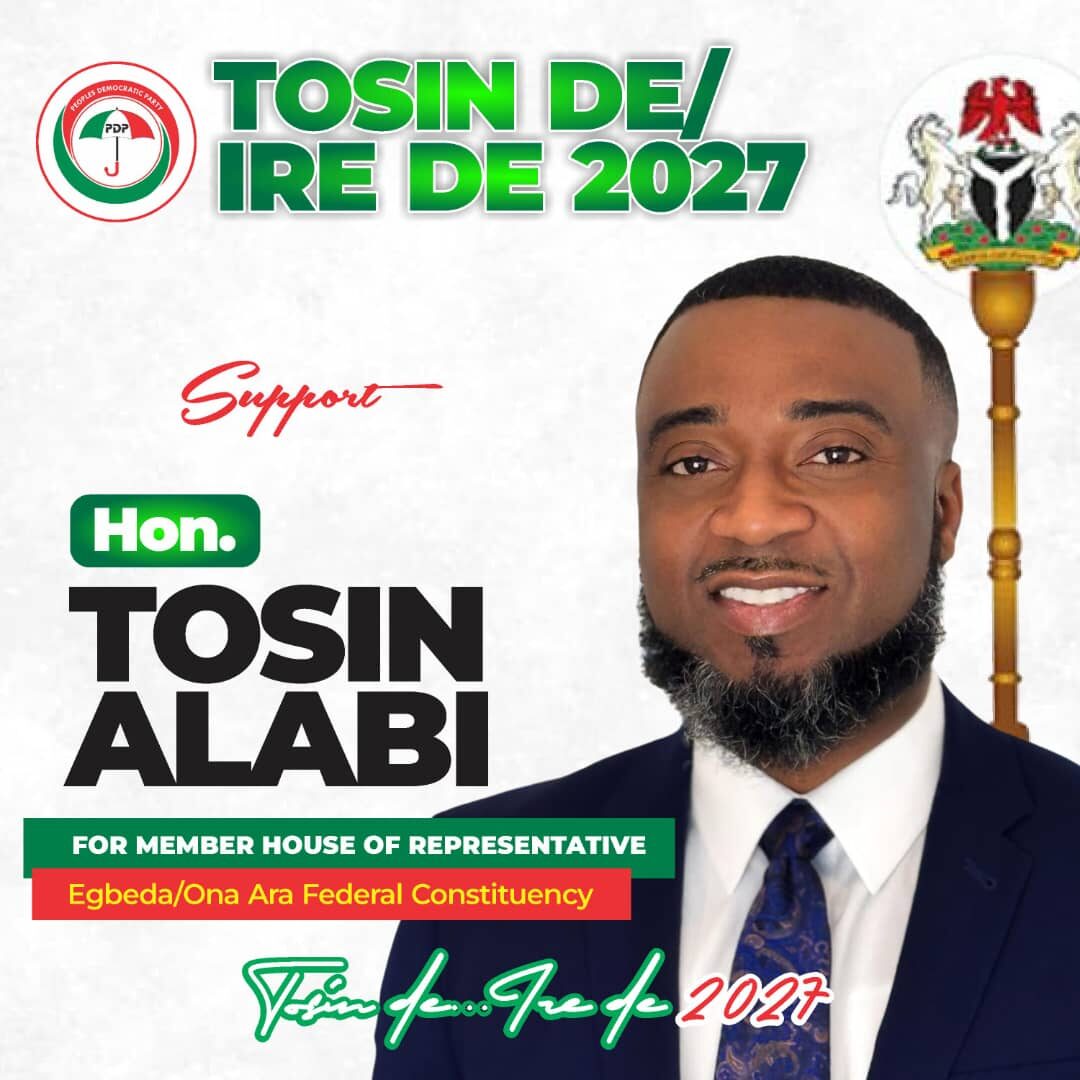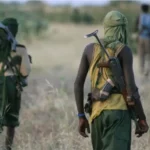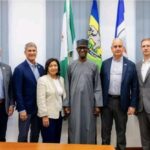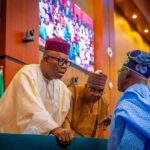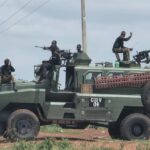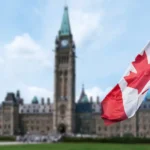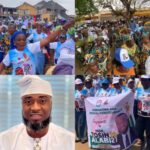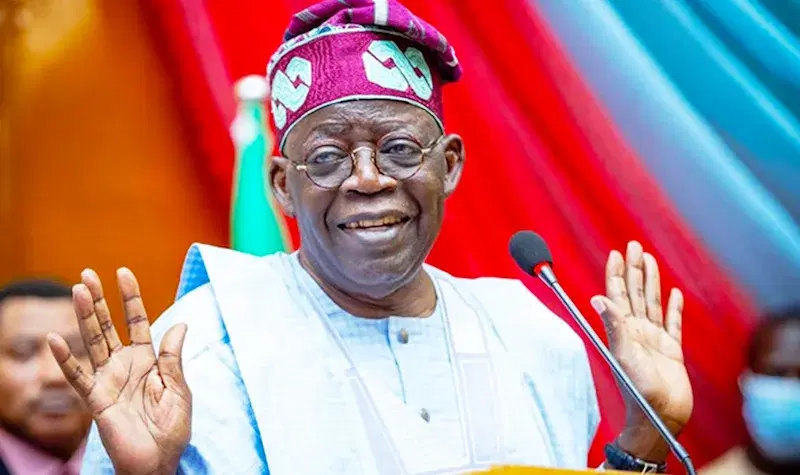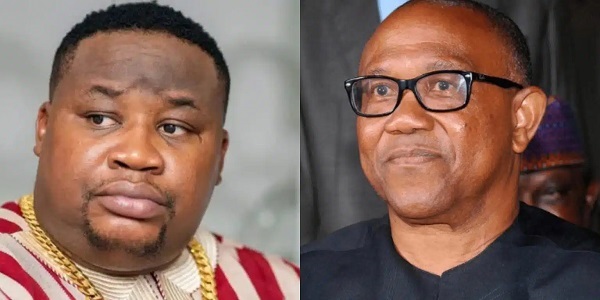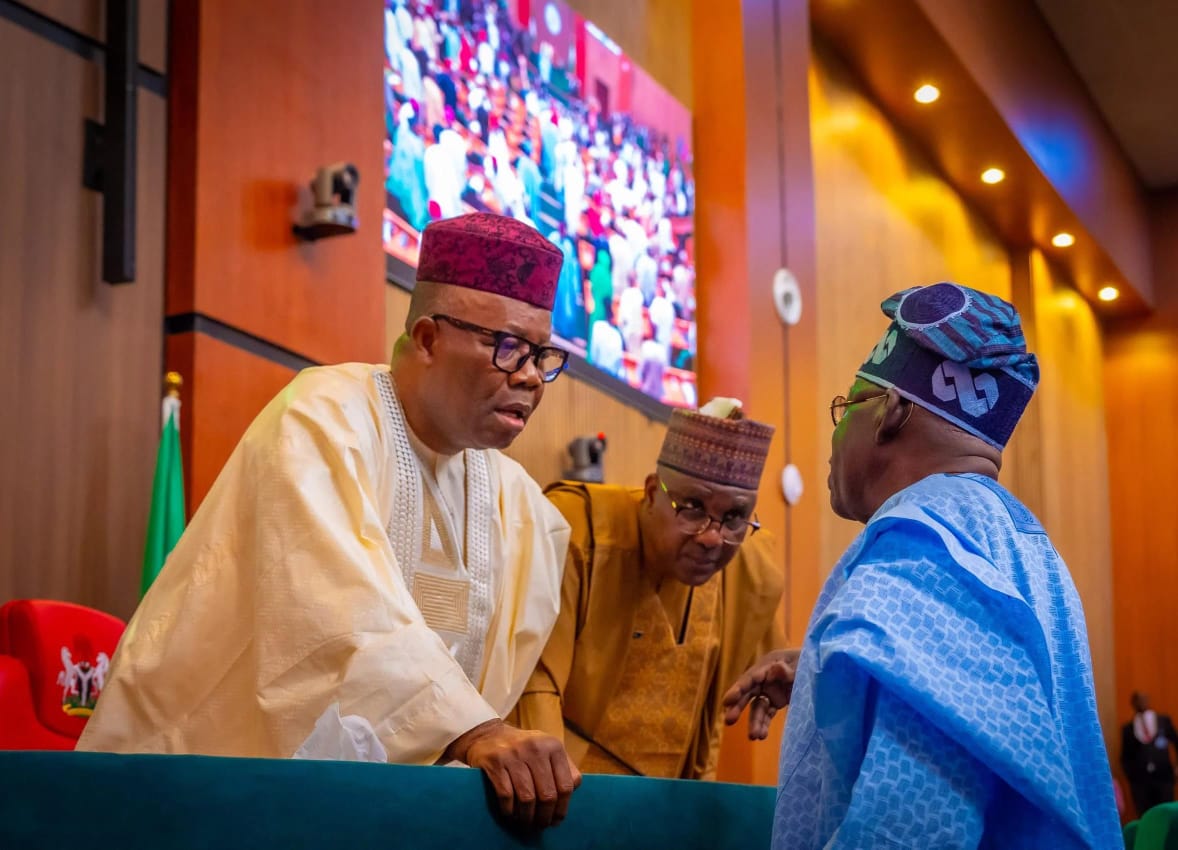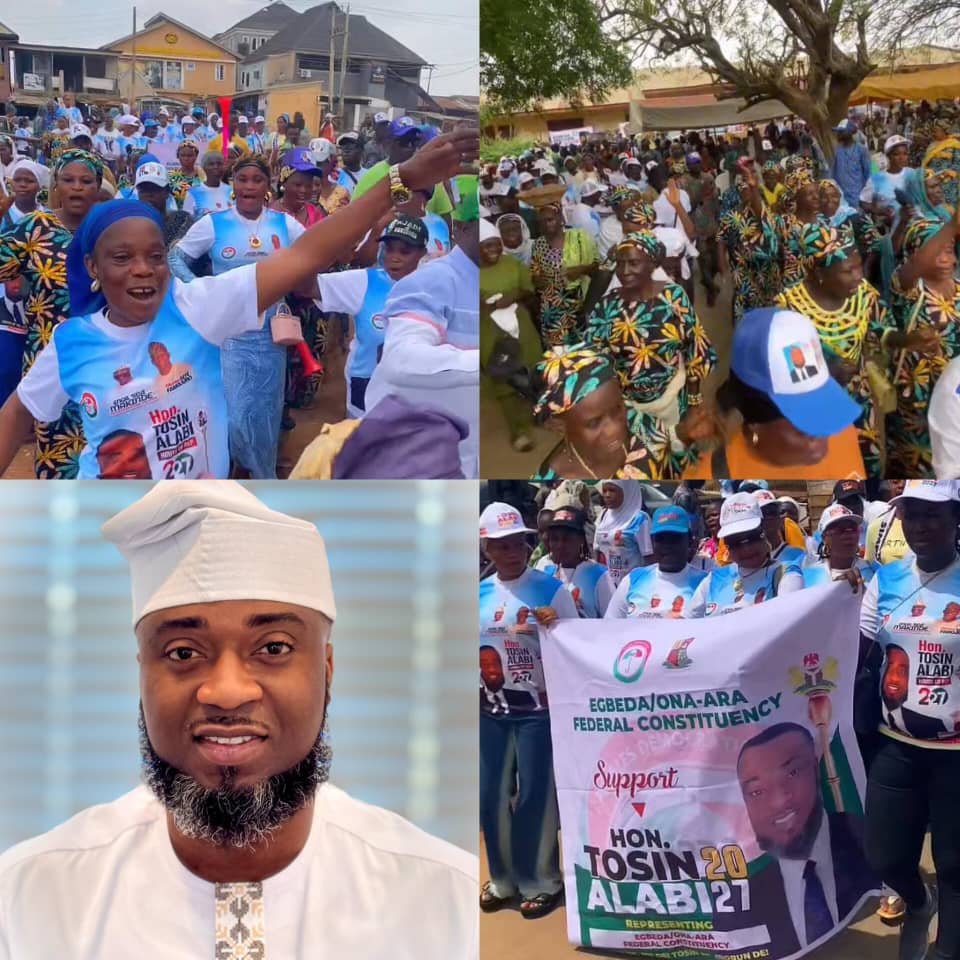In a sharp repudiation of the World Bank’s recent poverty statistics, the Presidency on Wednesday dismissed the figure that 139 million Nigerians live in poverty as “detached from the country’s economic realities” and an analytical abstraction rather than a factual headcount.
The government insisted that the estimate must be “contextualised” before being accepted as valid.
GISTSMATE MEDIA reported that during the launch of the October 2025 Nigeria Development Update (NDU), the World Bank Country Director for Nigeria, Mathew Verghis, announced that an estimated 139 million Nigerians now live below the threshold of poverty.
This latest figure represents a significant increase compared to earlier estimates: the World Bank had previously put the number at 129 million as of April 2025, and around 87 million in 2023.
The NDU report, titled “From Policy to People: Bringing the Reform Gains Home,” argues that while Nigeria has made strides in macroeconomic stabilization, the gains have not sufficiently translated into improved welfare for many households.
Key observations in the report include:
Food inflation remains a major drag: Households typically spend up to 70% of their income on food, and between 2019 and 2024, the cost of a basic food basket has reportedly risen fivefold.
Nigeria’s economy is still showing signs of recovery: GDP grew by 3.9% year-on-year in the first half of 2025 (up from 3.5% in the corresponding period in 2024).
External buffers strengthened: Foreign reserves have crossed $42 billion, and the current account surplus widened to 6.1% of GDP.
The fiscal picture is improving: Despite lower oil prices, the federal fiscal deficit is projected at 2.6% of GDP, and public debt is expected to decline for the first time in more than a decade to 39.8% of GDP.
The World Bank contends that without more effective social safety nets, targeted interventions, and cost-of-living relief measures, these macro gains may not reach the most vulnerable Nigerians.
Presidency’s Rebuttal: “Analytical Construct, Not Reality”
Responding swiftly, President Bola Tinubu’s Special Adviser on Media and Public Communication, Sunday Dare, rejected the report’s conclusion, arguing that the 139 million figure is “unrealistic” and must be interpreted with caution.
Key points from the Presidency’s statement:
Global benchmark conversion mismatch
The government contends that the World Bank’s key poverty threshold, $2.15 per person per day, is anchored to 2017 Purchasing Power Parity (PPP) terms — not a real-time Nigerian naira valuation.
The Presidency argues that when converted to nominal terms using current exchange rates, $2.15 per day equates to approximately N100,000 per month, which exceeds Nigeria’s newly approved minimum wage of N70,000.
Modelled estimate vs. empirical measurement
According to the statement, the World Bank figure is a modelled global estimate, not an empirical headcount of Nigerians currently living in poverty.
The government emphasized that Nigeria’s most recent major consumption-expenditure survey dates from 2018/2019, and thus the modeling must rely on outdated data.
Informal and subsistence economies undercounted
The Presidency argued that poverty assessments under PPP methodologies often under-represent informal and subsistence economic activities — sectors that sustain many households in Nigeria. It holds that the report’s methodology fails to capture the actual income dynamics at the grassroots.
Focus on trajectory, not static numbers
The statement stressed that the direction of improvement matters more than raw figures.
The government asserted that Nigeria is on a path of recovery and reform, and that policies aimed at structural change should not be undermined by exaggerated statistical interpretations.
Highlighting social programmes and policy efforts
The Presidency used the opportunity to showcase several interventions:
Conditional Cash Transfers expanded to 15 million households with over N297 billion disbursed since 2023.
Renewed Hope Ward Development Programme, operating in all 8,809 electoral wards, delivering micro-infrastructure, livelihoods, and social services.
Strengthened National Social Investment Programmes (NSIP), including N-Power, GEEP micro-loans (TraderMoni, MarketMoni, FarmerMoni), and the Home-Grown School Feeding initiative.
Food security measures, with subsidised grains, fertiliser distribution, mechanisation partnership, and revival of strategic food reserves.
Infrastructure investments via a Renewed Hope Infrastructure Fund to drive jobs and reduce costs.
Support for small businesses through a National Credit Guarantee Company offering risk-shared credit to entrepreneurs.
The Presidency reiterated President Tinubu’s personal commitment to build a “resilient and inclusive economy” in which macroeconomic stability yields tangible improvements in living standards.
WARNING: If You Are Not 18+, Don’t Click The Link Below 👇🫣
https://pickignoranceattacks.com/m3e85u39j?key=f0014e9d9438d5115e4d66e73ca3f04b
Please don’t forget to “Allow the notification” so you will be the first to get our gist when we publish it.
Drop your comment in the section below, and don’t forget to share the post.
Never Miss A Single News Or Gist, Kindly Join Us On WhatsApp Channel:
https://whatsapp.com/channel/0029Vad8g81Eawdsio6INn3B
Telegram Channel:
https://t.me/gistsmateNG
